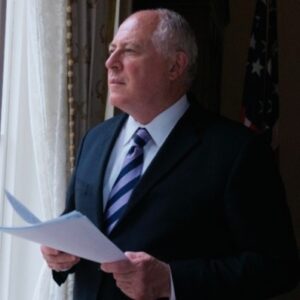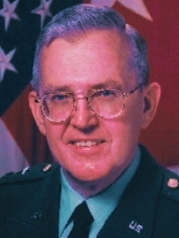“Biography of Stephen Harper”

Hello friends have a good day today i will talk the life story about the promenent public figure of canadian politics may you know him his name is Stephen Harper.
so if you are searching the Biography of Stephen Harper then you came on the right platform below it is given just read it.
Early Life:
Stephen Harper was born on 30 april 1959 in Toronto, Ontario. his father was Joseph and mother Margaret Harper.
Stephen grew up in a middle-class household. His father Joseph worked as an accountant and his mother Margaret was a nurse.
Academic Qualification:
Harper earned a Bachelor’s degree in Economics from the University of Calgary where his passion for conservative ideologies started to take shape.
He continued his academic pursuits at the same institution, obtaining a Master’s degree in Economics.
Harper’s educational background equipped him with a solid understanding of economic principles and analytical skills, attributes that would prove valuable in his future role as a political leader.
Early Career:
Harper’s career included roles in research and advocacy, where he applied his economic expertise to contribute to policy discussions.
In 2002 Harper took on the leadership of the newly united Conservative Party of Canada marking a pivotal moment in his career.
His strategic vision and political acumen propelled him to become the 22nd Prime Minister of Canada in 2006.
And he was prime minister of canada until 2015.
Personal Life:
In 1993 Harper married to Laureen Teskey. Then Stephen and Laureen Harper got two children.
Political Career:
Stephen Harper’s political career is marked by a trajectory of increasing influence within the Canadian political politics.
After a notable start in conservative organizations, Harper assumed leadership of the Canadian Alliance party in 2002 uniting it with the Progressive Conservatives to form the Conservative Party of Canada.
In 2006 Harper achieved a significant milestone by becoming the 22nd Prime Minister of Canada.
His tenure was until 2015 and it was characterized by a focus on economic stability, national security, and conservative values.
Harper’s policies included tax reductions, tough-on-crime measures, and an emphasis on Canada’s role in international affairs.
Throughout his prime ministership Harper navigated the country through global economic challenges and played a key role in issues such as the Afghan war.
Despite facing criticism, his leadership left an indelible mark on Canadian politics, shaping the conservative movement and contributing to the nation’s policy landscape.
Read Also :https://theboiworld.com/biography-of-barak-obama/
Work Done for The Nation As A Prime Minister:
Stephen Harper implemented a series of policies that left a lasting impact on the nation.
His focus was on economic stability was evident through measures such as tax reductions, aimed at fostering growth and job creation.
Harper positioned Canada as a key player notably through a military presence in Afghanistan and a commitment to global affairs.
His leadership during the 2008 financial crisis showcased a pragmatic approach, steering the country through challenging economic times.
While opinions on Harper’s policies may vary, his decade-long tenure significantly shaped Canada’s political landscape, contributing to both domestic stability and its role on the world stage.
Economics Policies:
Stephen Harper implemented a series of economic policies aimed at fostering growth and stability, Notably, he championed tax reductions as a key strategy to stimulate economic expansion and job creation.
National Security Measures And International Relations:
Stephen Harper prioritised national security through a series of measures aimed at safeguarding the well-being of Canadians.
His government actively engaged in military efforts, notably contributing to the mission in Afghanistan. This demonstrated a commitment to international security and underscored Canada’s role as a responsible global partner.
While Harper’s approach to national security and foreign relations faced scrutiny and differing opinions.
his tenure reflected a dedication to both the safety of Canadians at home and active participation in addressing global challenges abroad.
Award And Honor:
Harper has received various awards and honors in recognition of his contributions to public service and leadership. Here are some of the notable awards and honors:
Companion of the Order of Canada (2017)
Honorary Companion of the Order of Manitoba (2016)
Woodrow Wilson Award for Public Service (2014)
World Statesman of the Year (2010)
Award for Conservative Achievement (2003)
Note: Dear Friend if this article was interesting after read you then please share it with your Friends.
And i have done any mistakes in this article then you can comment me.
And thanks for giving your time on this website please visit again.
Author: Shalik Khan







